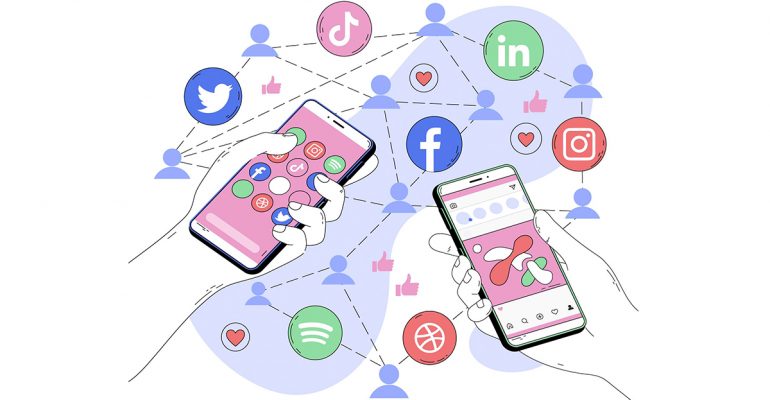Digital Citizenship
July 14, 2022 2023-02-23 7:39Digital Citizenship
Digital Citizenship
Digital citizenship refers to the ability to interact constructively, critically, and effectively in digital environments, as well as to take one’s position as a member of a growing online community.
Teaching digital citizenship is vital for enabling learners to acquire and understand digital literacy, while also assuring cyberbullying prevention, online safety, digital accountability, and digital health and wellbeing.
Why is Digital Citizenship important in Education?
Technology pervades everything we do and, in some way, dictates how we live our daily lives. Whether it’s online banking, scheduling an appointment with your doctor, calling a cab, or just saying hello to a friend or family on the other side of the globe, technology will always play a significant part in ensuring these connections.
Because our students live in the digital world, the essential values of digital citizenship should be instilled in them from a young age. We must assist them in developing positively and ethically as they learn to interact with technology.
Why Teach Digital Citizenship?
- Information Literacy
- Cyberbullying Prevention
- Online Safety
- Digital Responsibility
- Wellness in the Digital World
What concepts do Digital Citizenship include?
- Empathy
- How the internet works
- Understanding user data
- Practice digital literacy
- Practice digital wellness
- Secure digital devices
3 Essential Elements of Digital Citizenship
- Respect
Digital Access: Advocating for equitable digital rights and access is where digital citizenship begins.
Digital Etiquette: Rules and policies aren’t sufficient; we need to teach everyone about good online behavior.
Digital Law: It is vital that users identify how to correctly use and exchange each other’s digital property.
- Educate
Digital Communication: With so many messaging options accessible, students must learn how to pick the right tools based on their audience and message.
Digital Literacy: This entails more than just knowing how to use tools. It is the ability to locate, analyze, and cite digital resources.
Digital Commerce: Students must learn how to be good consumers in a digital economy as they make more purchases online.
- Protect
Digital Rights and Responsibilities: Students must learn their basic digital rights to privacy and freedom of expression.
Digital Safety and Security: Digital citizens must learn how to protect their personal information by regulating privacy settings.
Digital Health and Wellness: Knowing when to disconnect is a crucial component of life in a digital age. Students must make educated choices about how to prioritize their time and activities both online and offline.
Digital citizenship is increasingly crucial in an increasingly digital world. These are the skills that enable students to safely engage online with social, professional, and educational communities.






